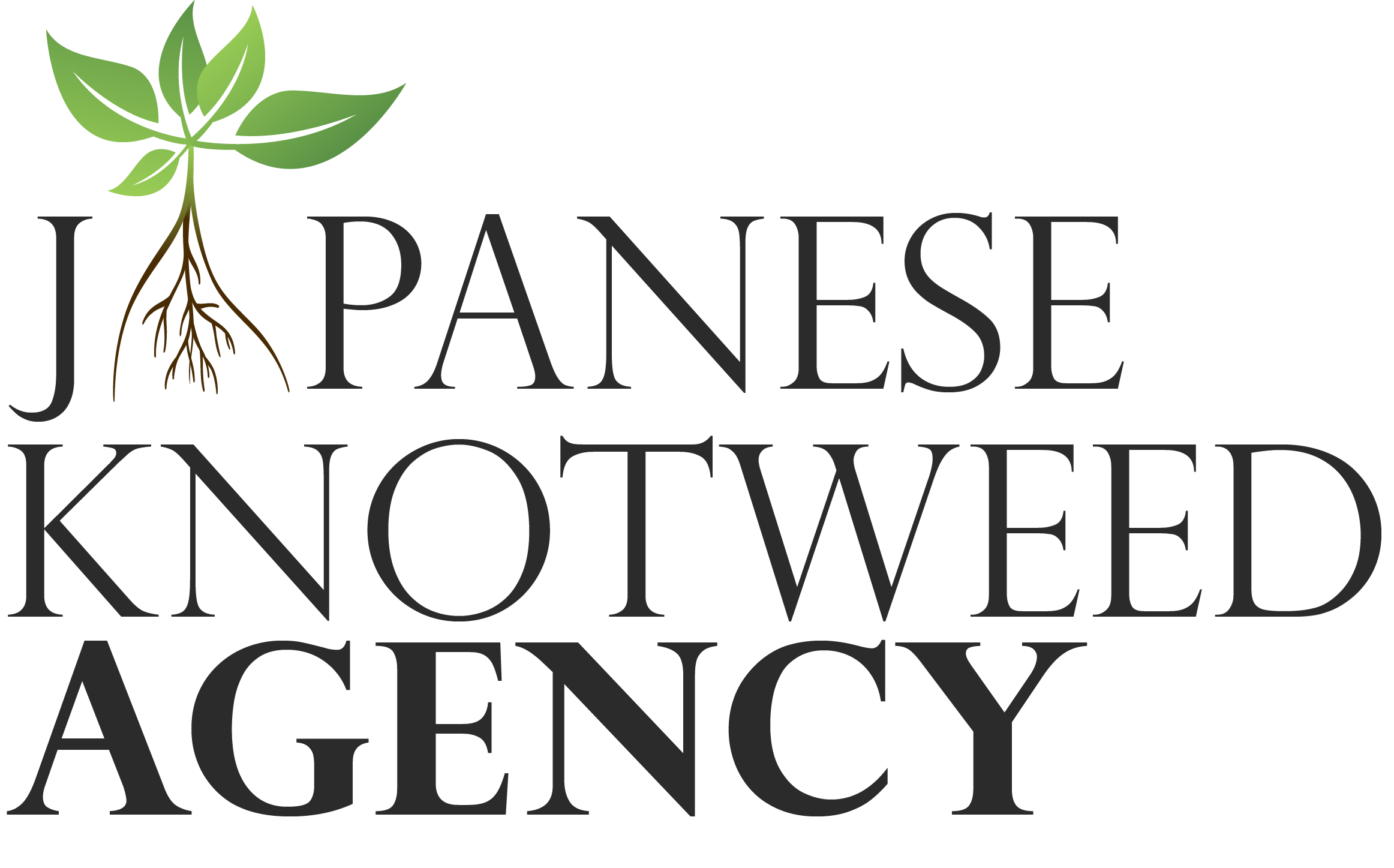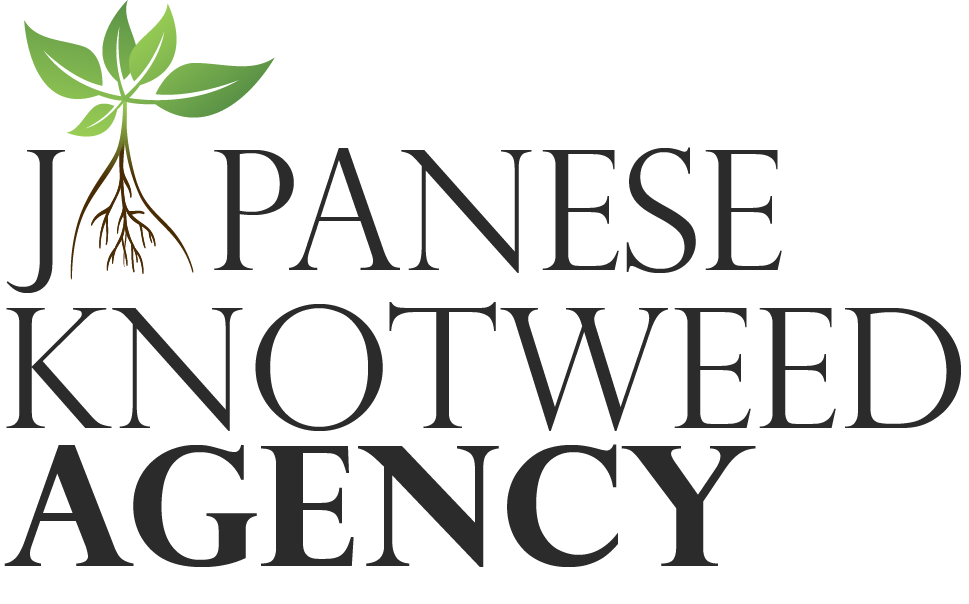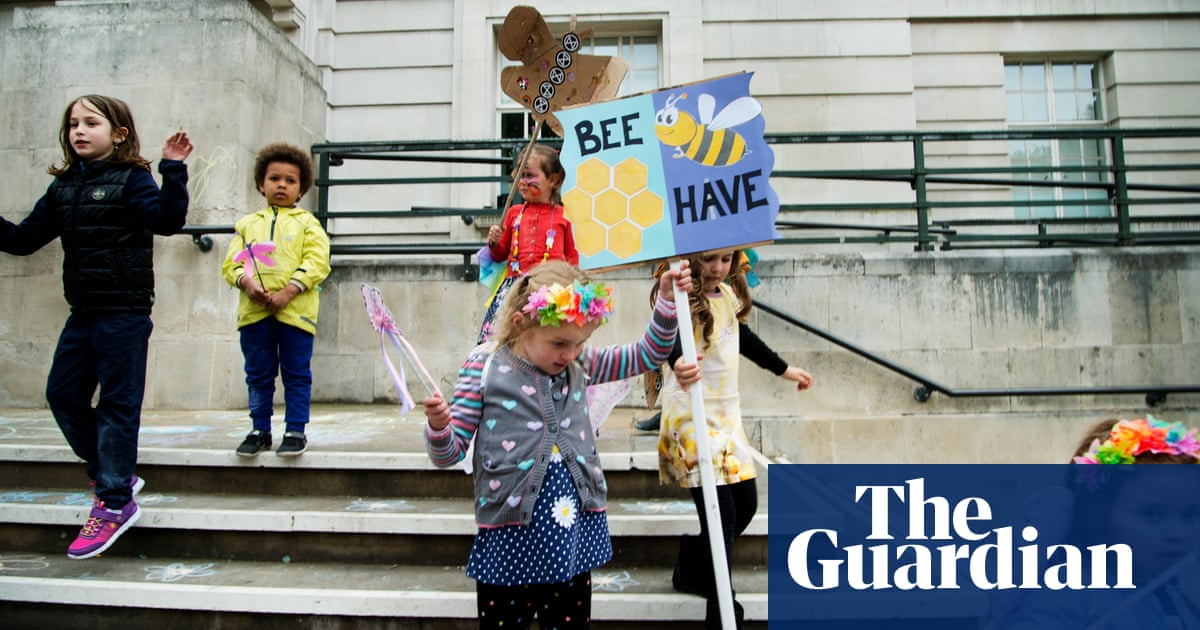Introduction: The future of glyphosate in the UK is one of increasing uncertainty, as environmental concerns and health risks continue to spark debates about its use. Glyphosate, a widely used herbicide, has been under scrutiny due to its potential environmental and health impacts. This blog will explore the trajectory of glyphosate bans in the UK, what changes to expect, and how these changes could affect gardeners, farmers, and the general public. Additionally, we’ll touch on the innovative, eco-friendly alternatives to glyphosate—such as the thermo-electric treatment offered by Japanese Knotweed Agency—which are becoming increasingly important in the fight against invasive species like Japanese Knotweed.
The Current Status of Glyphosate Use in the UK:
Glyphosate has been a staple in the UK’s weed management strategy for decades. It is used widely by homeowners, farmers, and local authorities to control a variety of unwanted plants, including invasive species like Japanese Knotweed. However, increasing concerns about its environmental and health effects have led to a shift in public attitudes and policy decisions.
Several cities in the UK, such as Bath, Brighton, and Hove, have already implemented full or partial bans on glyphosate use. This is in response to growing evidence that glyphosate can harm non-target plants, pollinators, and soil quality. As local authorities grapple with the consequences of glyphosate use, it’s clear that further restrictions and bans are likely on the horizon, and ultimately a UK-wide ban will come into effect in December 2025.
Why Are Bans Being Introduced?
- Environmental Concerns: Glyphosate has been shown to harm biodiversity. It doesn’t just kill weeds; it can also adversely affect pollinators like bees, beneficial insects, and soil microbes. These negative impacts on ecosystems are causing more local councils and governments to reconsider its widespread use.
- Health Implications: Glyphosate’s potential carcinogenic properties have made headlines over the years, adding fuel to the fire of its ban in various countries. While not universally agreed upon, the growing body of research linking glyphosate exposure to health risks has pressured governments to act.
- Public Demand for Sustainability: There is increasing public pressure for more sustainable gardening and farming practices. People are looking for non-chemical solutions to weed management, especially in urban environments and public spaces.
What Does the Future Hold for Glyphosate in the UK?
As environmental awareness increases and the negative effects of glyphosate become clearer, we can expect several significant shifts:
- Wider Bans Across the Country: Following the example set by cities like Bath and Brighton, more local authorities across the UK will likely implement glyphosate bans. With more people aware of its risks, it will become more difficult to justify its continued widespread use, especially in public spaces like parks, playgrounds, and roadways.
- Stricter Regulations: The UK government may eventually impose stricter regulations surrounding glyphosate’s use, potentially limiting its availability and the areas in which it can be used. These changes will likely focus on limiting its application near watercourses, schools, and residential areas.
- A Shift Toward Eco-Friendly Alternatives: With glyphosate bans in place, gardeners, farmers, and property managers will need to find alternative methods for controlling weeds. One such eco-friendly solution is the thermo-electric treatment provided by Japanese Knotweed Agency. This method involves using heat to eliminate invasive plants, including Japanese Knotweed, without the need for chemicals. The thermo-electric process is highly effective, environmentally friendly, and safe for surrounding plants, soil, and wildlife.
Why choose thermo-electric treatment?
- Eco-friendly: No chemicals are involved, making it safe for the environment and non-target species.
- Highly effective: It targets the plant’s root system, which is essential for long-term eradication.
- Safe for wildlife: Since it doesn’t involve harmful chemicals, it ensures that local wildlife, including pollinators, is protected.
- Increased Research and Development: As the demand for alternatives to glyphosate grows, there will be a greater push for research into non-chemical weed control solutions. Thermo-electric treatments, bio-based herbicides, and other innovative techniques are at the forefront of this movement.
The Role of Local Authorities in Managing Glyphosate Use:
Local authorities are playing a pivotal role in the shift away from glyphosate. With pressure from environmental groups and the public, many councils are adopting more sustainable weed control methods. For example, councils in places like Bath and Brighton are already using more natural alternatives to keep their public spaces safe and chemical-free.
The Japanese Knotweed Agency’s thermo-electric service can complement these efforts, particularly in areas where invasive species like Japanese Knotweed are a concern. The method is effective for tackling knotweed, and local authorities can use it to help manage infestations without resorting to chemical solutions.
Conclusion:
The future of glyphosate use in the UK is uncertain, but the trend towards bans and restrictions is clear. With environmental and health concerns continuing to mount, it’s likely that more regions will follow the lead of cities like Bath and Brighton. As glyphosate use declines, alternative methods such as the thermo-electric treatment provided by Japanese Knotweed Agency will become more vital. These eco-friendly solutions are crucial for ensuring that invasive species like Japanese Knotweed are managed effectively without compromising the environment or human health.
Next Steps: If you’re concerned about glyphosate, use or invasive plants like Japanese Knotweed on your property, consider scheduling a Japanese Knotweed survey with the Japanese Knotweed Agency. Our innovative thermo-electric service offers an eco-friendly and effective way to tackle knotweed and other invasive species without the use of harmful chemicals.
Call to Action: Contact the Japanese Knotweed Agency today to learn more about our sustainable solutions for managing invasive plants and ensuring a healthier environment. We’re here to help you keep your garden and property safe from harmful species like Japanese Knotweed.
EMAIL US: contact@japaneseknotweedagency.co.uk
CALL US: Freephone 03335 777 888
EMAIL WEB FORM: https://japaneseknotweedagency.co.uk/contact-us/


